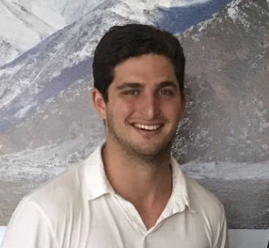California is the first U.S. state to ban four potentially harmful food and drink additives that are linked to disease. The California Food Safety Act now prohibits the use of brominated vegetable oil, potassium bromate, propylparaben, and red dye 3, commonly found in candies, fruit juices, and cookies. These substances are already banned in many countries.

Supporters of this law are reassuring consumers that popular products are not going to suddenly vanish from stores; rather, companies who use these ingredients are going to have to change their recipes to include healthier alternatives. The law will take effect in 2027, which will give the manufacturers time to reformulate their products.
There was a false claim that California aimed to ban Skittles. Assemblymember Jesse Gabriel clarified that Skittles with alternative ingredients are already sold in the European Union, where these additives are banned. The law doesn’t ban foods but requires companies to use safer alternatives.
Other countries, including the EU, the UK, Canada, Australia, New Zealand, China, and Japan, have banned these additives. Major brands like Coke, Pepsi, Dunkin’, and Panera have removed them from their products voluntarily.




